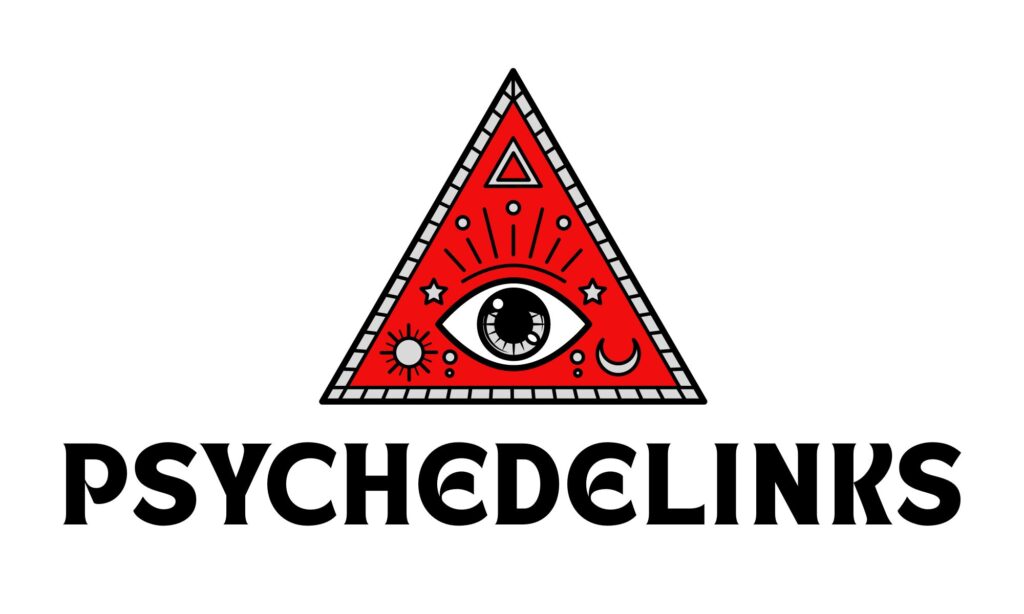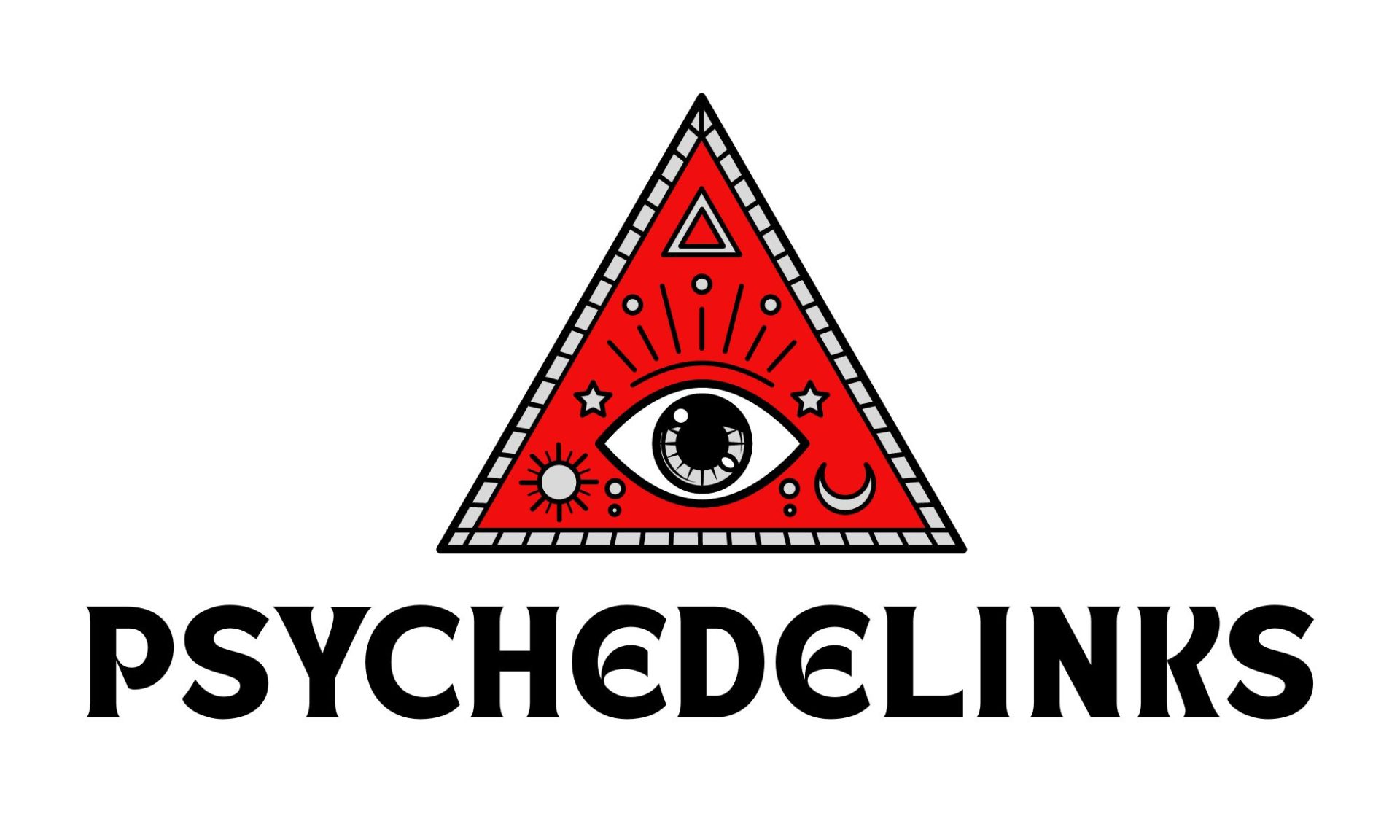PsychedeLinks is a curated selection of top news stories impacting business, research, and culture in the psychedelics ecosystem, crafted by Emerge Law Group’s groundbreaking Psychedelics Group.
Emerge’s Hot Take
Boulder College Planning a Psychedelic Studies Undergraduate Minor
With the institution of Colorado’s Natural Medicine Health Act well underway, Boulder’s Naropa University announced in early March that they will be offering a minor in Psychedelic Studies as part of their Bachelor of Arts degree program. While the curriculum has yet to be finalized, ‘proposed classes include an introductory course, decolonial psychology, working with emotions, herbal medicine, religion and psychedelics, exploring psychedelic science, the poetry of psychedelics, [and] transpersonal psychology.’ Since 2022, Naropa University has been home to the Naropa Center for Psychedelic Studies, which offers prospective facilitators a post-graduate certificate program in psychedelic-assisted therapies. Program directors anticipate a dramatic increase in the need for facilitators over the coming years, due not only to Colorado’s burgeoning psychedelic ecosystem, but also to a more general rise in the acceptance of psychedelic-assisted therapies (for example, in December the FDA accepted a new drug application for the use of MDMA to treat PTSD, with possible approval anticipated by August). The university hopes to release the new curriculum in time for the Fall 2024 semester. “Naropa’s new program is further evidence of the booming psychedelics economy and the great need for well-educated and well-trained professionals in this space,” says Emerge attorney Kaci Hohmann. “The professional legitimacy of psychedelics is becoming more concrete, and looking forward, I think we will see more programs of this nature emerge.”
Other Noteworthy News
What Psychedelics Legalisation and Decriminalisation Looks Like Around the World
BBC – “Research continues to progress on the potential mental and physical health benefits of psychedelics used in a therapeutic context. Yet psychedelic substances remain illegal around much of the globe, with notable exceptions. In some countries, various psychedelics have full legalisation. In other countries, certain psychedelics have been legalised only under specific contexts. And still in other areas, some psychedelics have been decriminalised. ‘Decriminalisation’ can mean different things; generally it implies that people can possess or use a personal amount of the substance despite it being illegal, although sometimes minor fines apply. Arguments against legalisation and decriminalisation include concerns over any potential increase in substance use disorders. However, psychedelics are currently being studied as a potential treatment for substance use disorders and are not considered addicting themselves. [This article provides] a closer look at the status of psychedelics around the globe, including the ever-changing landscapes of legalisation, decriminalisation and drug review agency approvals.”
Utah Governor Lets Psychedelics Pilot Program Bill Become Law without His Signature, Citing ‘Overwhelming Support’
MARIJUANA MOMENT – “The Republican governor of Utah has allowed a bill to become law without his signature that authorizes a pilot program for hospitals to administer psilocybin and MDMA as an alternative treatment option. Gov. Spencer Cox (R) said in a letter to legislative leaders last week that he was letting the psychedelics legislation become enacted despite his reservations due to the ‘overwhelming support’ it received, with both chambers unanimously approving the measure. The newly enacted measure provides for that regulated access at two types of health care systems in the state. Psychedelics can be administered by a privately owned, non-profit health care system with at least 15 licensed hospitals or within medical programs operated by institutions of higher education. The legislation Cox allowed to become enacted will take effect on May 1, 2024 and sunset after three years.”
Inside Startupland’s ‘Shroom Boom’
BUSINESS INSIDER – “While it remains illegal in much of the US, some startup founders say that microdosing psilocybin is the key to greater creativity and better mental health. [Microdosing refers] to taking small doses — between one-twentieth to one-tenth of a regular dose for a ‘trip,’ according to microdosing researcher Dr. James Fadiman — of many different substances, including psychedelic mushrooms, LSD, cannabis, ayahuasca, or DMT. The startup founders who take small doses of ‘shrooms on a semi-regular basis told Business Insider that the practice is an important part of their wellness routine. While there’s plenty of anecdotal evidence about the benefits of microdosing mushrooms and other psychedelic substances — Steve Jobs was just one of many folks in the tech industry who sing the praises of LSD — the science is mixed on whether the practice is actually helpful, and there are only a handful of studies that have looked into it in the first place.
“‘Everyone who does it thinks it helps them, but there’s an amazing gulf between people who believe it helps and the few random control trials that have been done on microdosing,’ explained Dr. Peter Grinspon, a primary care doctor at Massachusetts General Hospital and instructor at Harvard Medical School who also researches psychedelics. Grinspon said that the current gold standards of research — being randomized, controlled, and double-blind — don’t lend well to studying microdosing for a number of reasons, including the fact that its purported benefits are hard to objectively measure. ‘When it comes to creativity, we just don’t have a great marker for that, the way we would for a randomized control trial for something like cholesterol,’ he said. ‘It could be that we’ve just started studying microdosing and are early into the psychedelic renaissance […] As with so many other things, this might require a paradigm shift between doctors.’”
LISTEN: Can Psychedelics Help with Trauma Recovery?
THE STANDARD PODCAST – In this preview edition of [The Standard’s] Brave New World, series Evgeny Lebedev describes his experience at a psychedelic retreat in Costa Rica where he encountered Ayahuasca, a plant-based brew used by indigenous healers. Psychedelics researcher Professor David Nutt also returns to the show to explain what’s happening to the mind when DMT is used and how some believe it can help with recovery from trauma.
LISTEN: How Psychedelics Can Reinvent Learning
VOX: THE GRAY AREA – Apple Podcasts / Spotify “[The Gray Area] invited [Johns Hopkins neuroscientist] Gul Dolen to discuss what she learned from octopuses and mice, how she’s currently using psychedelics to try to help humans, and how she thinks psychedelic-assisted therapy will change in the coming years.”
Subscribe
Subscribe to PsychedeLinks to receive essential biweekly articles on news, business, and culture in the psychedelics industry, delivered straight to your inbox.


